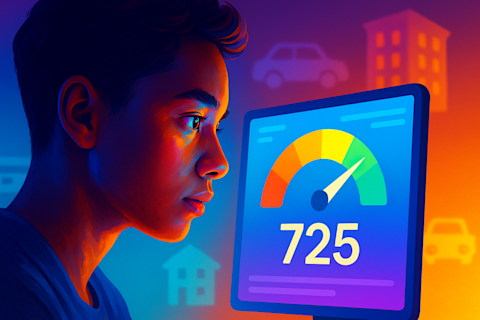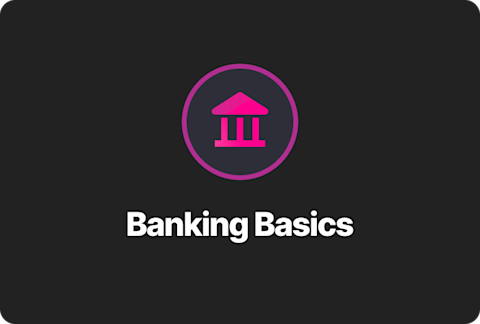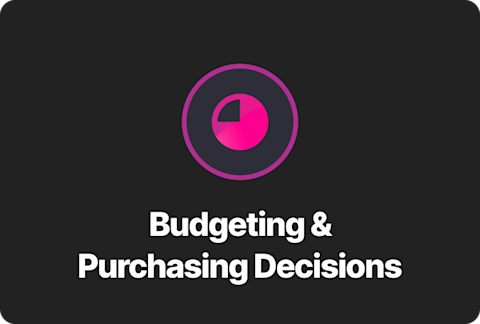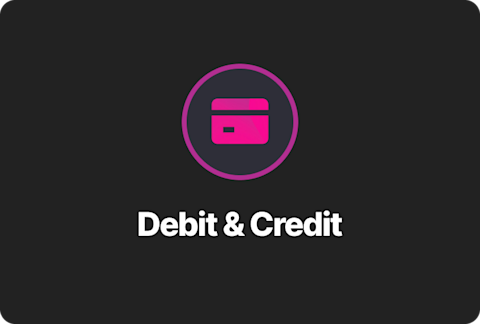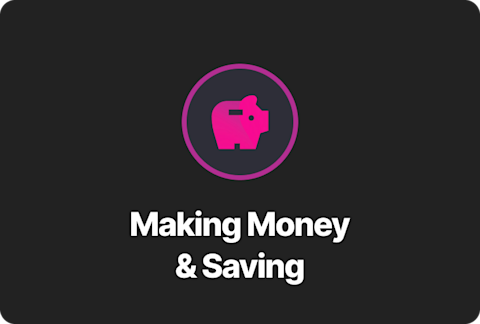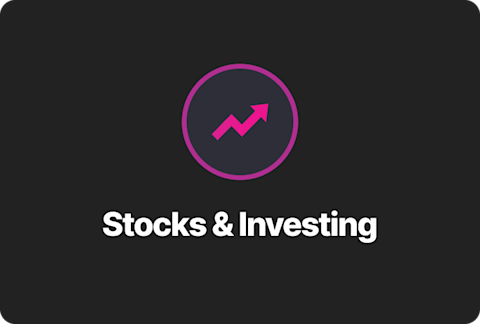Is Experian Safe to Use? What Gen Z Should Know

So you just downloaded Experian to check your credit score for the first time. You’re trying to be responsible with your money, maybe thinking about getting a credit card or financing your first car. But then the paranoia kicks in—is Experian actually safe to use? Are you about to get scammed just for trying to be financially literate?
Let’s break it down like a friend would—no jargon, no scare tactics, just straight-up facts, trade-offs.
What Is Experian and Why Does It Matter to Gen Z?
Experian is one of the three major credit bureaus (alongside Equifax and TransUnion). Their whole job? Tracking how you handle debt—like credit cards, student loans, or buy now, pay later apps—and using that info to generate your credit report and credit score.
Why does that matter for Gen Z?
Because:
You need credit to rent an apartment, buy a car, or even get some jobs.
Credit scores can save (or cost) you thousands in interest.
Your digital footprint is growing, so safety is a legit concern.
Basically, Experian isn’t just a finance tool—it’s a gatekeeper to a lot of your future freedom.
Is Experian Safe to Use for Credit Reports and Scores?
The short answer: yes, Experian is generally safe—but you still need to stay alert.
Here’s what Experian does to protect your data:
🔐 Encryption: Your info is encrypted end-to-end.
🧑⚖️ Compliance: They’re regulated by federal laws like the Fair Credit Reporting Act (FCRA).
🔎 Monitoring: They offer fraud alerts and identity protection features (some free, some paid).
Is it 100% risk-free? No. No system is. But Experian is a legit financial institution that’s been around for decades. The real question is how you use it.
Is It Safe to Use Experian for a Credit Report?
If you’re just trying to see what’s on your credit file, you’re not exposing anything new—Experian already has that info. You're just viewing it. Think of it like checking your attendance record in school—you're not submitting anything, you're just seeing what's on file.
Just make sure you’re on the real Experian site or app (watch out for fake phishing links) and not sharing your login info.
Is It Safe to Use Experian Credit Score?
Yes—and checking it doesn’t lower your score. You’re performing what’s called a soft inquiry. This is completely safe and has no effect on your credit score. It’s different from a hard inquiry, which happens when you apply for a loan or credit card and a lender checks your credit report. Those can knock your score down a few points temporarily.
So if you’re just reviewing your score for your own awareness, it’s totally fine to check as often as you want.
Is Experian Boost Safe to Use?
Experian Boost lets you link your bank account and earn credit for paying your bills—like your phone plan or Netflix—on time. It’s especially helpful if you're just starting out and don’t have a traditional credit card or loan yet.
So, is it worth it?
They use encrypted, bank-level security.
It’s read-only access, meaning they can view your transactions but can’t move money.
You can disconnect your account anytime.
That said, if you're super protective about who sees your bank info, you might not love the idea. But if you’re struggling to build credit, it’s a legit shortcut—and far safer than predatory lending or endless denials.
If Boost feels like too much, there’s another solid option: you could opt for a secured credit card to build credit, like Step. These work by using your own money as a deposit, so you’re not borrowing from a bank—you’re basically building credit by spending your own money, safely. And because secured cards report to the credit bureaus, they can help you grow your score over time, just like a regular credit card. It’s a low-risk way to get started without linking your bank or relying on someone else’s approval.
Is Experian Really Free? What You’re Signing Up For
Yes, but with limits.
You can:
Check your credit report and score for free
Get some basic credit alerts
Use Experian Boost at no cost
But there are premium features like identity theft protection, daily score updates, and advanced monitoring that cost extra. Just avoid accidentally enrolling in a free trial if you don’t want surprise charges.
How Your Experian Credit Report Helps You (or Not)
Your credit report isn’t just a number—it’s a detailed timeline of how you’ve handled money. Knowing what’s in it can help you:
Catch fraud
Fix errors that are hurting your score
Understand what lenders see before you apply
What’s Actually on an Experian Credit Report?
Your name, address, and employer history
Credit cards and loans (open and closed)
Missed or late payments
Public records like bankruptcies
Credit inquiries from lenders
It’s smart to review this regularly—especially before applying for something like an apartment or car loan.
FAQs About Experian
Does checking your score with Experian lower it? Nope. That’s a soft inquiry—it doesn’t affect your score.
What is Experian’s credit score range? Typically 300–850. A good score starts around 670.
Does your income affect your credit score? No. Lenders care about income, but credit bureaus don’t track it.
Still figuring out what does affect your score? Read this: understanding credit scores
Alternatives to Experian for First-Time Credit Builders
If Experian feels a little too complex, there are beginner-friendly options like Step.
Step is a credit building app designed for people 13+. There’s no credit check to sign up, and it helps you build credit with everyday purchases—like food, rides, or bills—through a secured card that reports to major credit bureaus.
It’s simple, transparent, and designed specifically for people figuring credit out for the first time.


